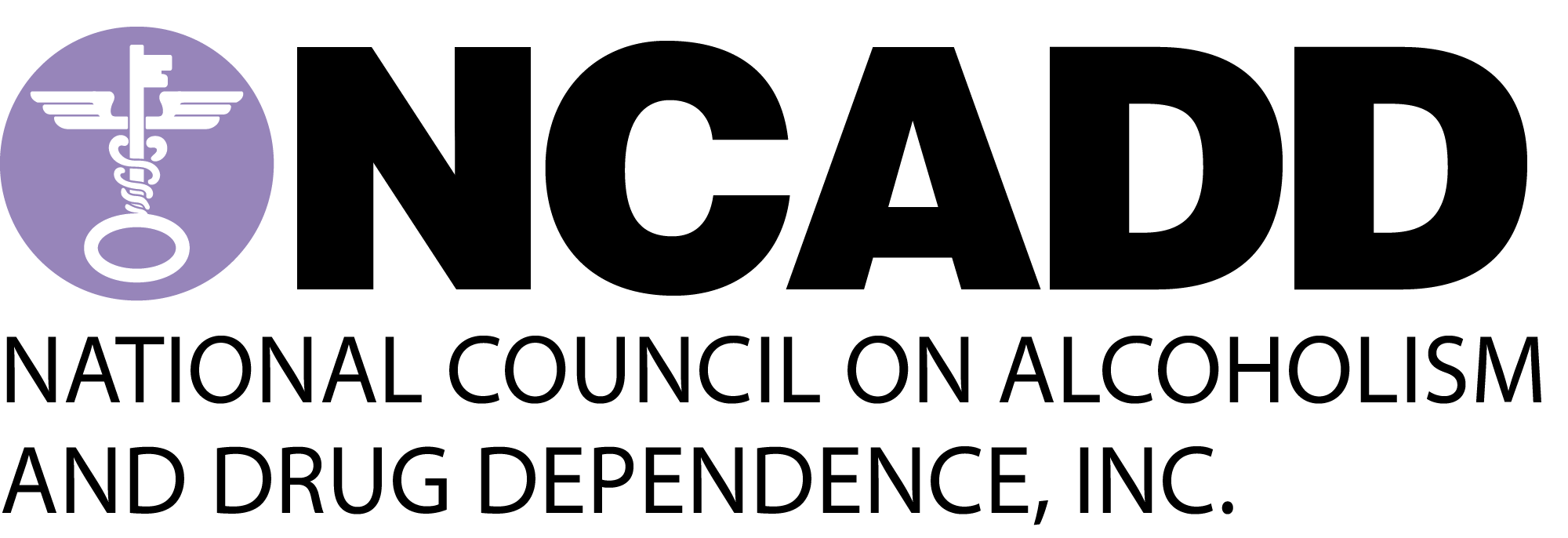Washington, DC (August 28, 2025) —The National Council on Alcoholism and Drug Dependence, Inc. (NCADD), representing 40 local affiliates across 25 states, today issued a statement in response to the President’s recent Executive Order on Ending Crime and Disorder on America’s Streets.
NCADD joins national, state, and community-level organizations in working to prevent and reduce the harms associated with substance use, with a particular focus on supporting and advocating for individuals living with substance use disorder, their families, and their communities.
“As an organization that has long represented the evolving understanding of substance use disorder as a brain disease—rather than a moral failing or lack of willpower—we recognize the measurable progress achieved through federal investments in evidence-based treatment and prevention,” said Denise L. Kolivoski, MBA, Executive Director of NCADD. “We urge the administration to build on these successes rather than rely on selective data that risks overlooking the critical connections between mental health, substance use, homelessness, and public safety.”
Key Points from NCADD’s Statement:
- Treatment vs. Law Enforcement: While substance use disorder is intertwined with public safety, the disorder and its harms cannot be solved through law enforcement efforts alone. Individuals with severe substance use disorders require care from qualified mental health and healthcare professionals.
- Harm Reduction Funding: NCADD supports the continued use of federal funding for activities such as distributing opioid overdose reversal medications and providing overdose education. However, NCADD expressed concern over prohibiting funds for other harm reduction supplies, stressing the importance of meeting people where they are and recognizing recovery as a personal, individualized journey.
- Prevention: NCADD praised the Executive Order’s mention of prevention, particularly community and school-based programs that reduce substance misuse before it begins. Prevention remains one of the most effective but often overlooked strategies.
- Destigmatizing Language: NCADD raised concerns about language used in the Executive Order to describe individuals with mental health and substance use disorders, as well as those who are unhoused. Stigmatizing rhetoric risks undermining progress, discouraging individuals from seeking help, and worsening health outcomes.
“We strongly encourage the administration to use person-first, destigmatizing language, and to acknowledge the complexity of these issues when communicating with both policymakers and the public,” added Kolivoski.
